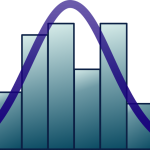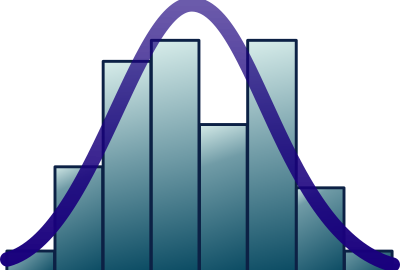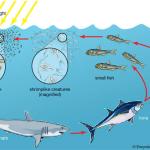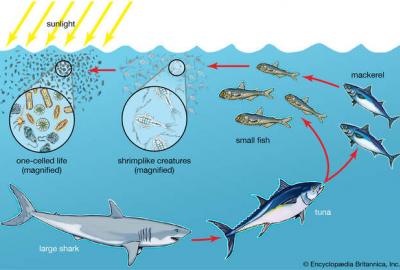Aquatic Food Production
The aquatic environment covers about 70% the globe and is central in today¿s discussion on increased global food production. The challenges are both to produce enough food from well treated organisms and food with a good composition of nutrients. This course will give students a state of the art insight to how aquatic food production has global impact on food access and the environment and discuss the future potentials for growth. It will use a combination of selected scientific articles, interdisciplinary expert panels with outside guests, and Oxford-style student debates to elucidate key aspects of seafood production and nutritional value.
The aim of the course is to disseminate knowledge about the composition of seafood in relation to the global nutritional challenges; under nutrition, over nutrition and malnutrition, and how nutrients and contaminants are transported in the man-made food chain developed for aquaculture. We will discuss the sustainability of traditional and novel feed resources, which resources are limiting and which ingredients can supply the needed nutrients for the cultured organisms and for the people who eat them. Environmental effects of aquaculture, effects of climate on aquatic farming and the future potential of fisheries and aquaculture to contribute to the global food production will be discussed.
Learning Outcomes
The student should explain well-founded, biologically based views within the course topics. He/she must be able to assess the extent to which claims are documented and distinguish between emotional, political and biological basis for decision making, show insight in current theories and could argue structured and convincing both in writing and orally.
Final Competencies
1 The student should explain well-founded, biologically based views within the course topics.
2 He/she must be able to assess the extent to which claims are documented and distinguish between emotional, political and biological basis for decision making, show insight in current theories and could argue structured and convincing both in writing and orally.
Further course information can be found here: https://studiekiezer.ugent.be/studiefiche/en/C003912/2021 or https://www.uib.no/en/course/BIO382




